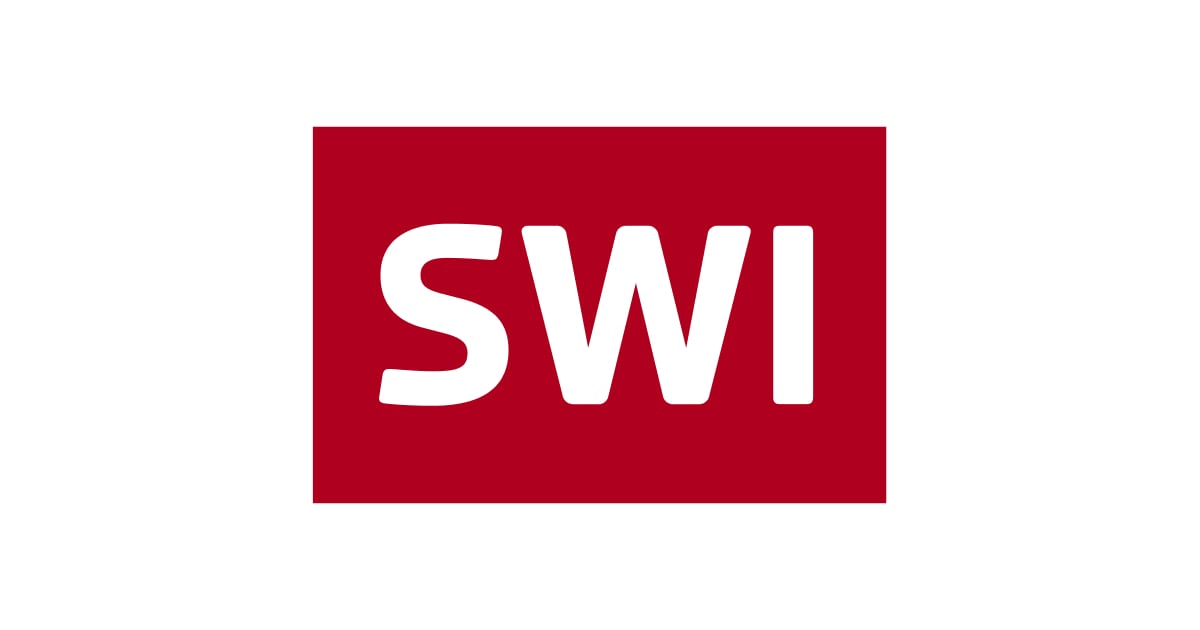Hassabis from DeepMind Anticipates AI-Designed Drug Trials in 2023

Isomorphic Labs and the Future of AI-Designed Drugs
Introduction to Isomorphic Labs
Isomorphic Labs, a spinoff from Google DeepMind, is making strides in the field of drug discovery using artificial intelligence (AI). This innovative company aims to transform the lengthy process of developing new medications, which typically takes over a decade, into a much shorter timeframe of weeks or months.
The Vision of AI in Drug Development
Demis Hassabis, CEO of Isomorphic Labs and a key figure at Alphabet Inc., recently shared optimistic projections at the World Economic Forum held in Davos. He announced plans for some AI-designed drugs to enter clinical trials by the end of the current year. This potentially marks a significant advancement in how pharmaceuticals are developed, showcasing the importance of AI in modern science.
Breakthroughs in Protein Structure Prediction
Hassabis, along with fellow scientist John Jumper, was awarded the 2024 Nobel Prize in Chemistry for their research on predicting protein structures. Understanding these structures is crucial for drug development as it helps researchers grasp how various proteins interact within the body. The original tool, AlphaFold, which came out in 2018, has evolved into its third version, enhancing its capability to model different molecular structures, including DNA and RNA.
Enhancing Drug Discovery Speed
The application of AI in processing immense datasets holds the promise of accelerating the drug development process. Nevertheless, many large pharmaceutical companies approach this technology cautiously. A December report by Bloomberg Intelligence highlighted that the results of initial clinical candidates developed with AI have been mixed. This hesitance among big firms suggests that while AI has potential, its full impact on drug discovery is still unfolding.
Strategic Partnerships
In a bid to harness the power of AI, Isomorphic Labs has formed partnerships with significant industry players, including Eli Lilly & Co. and Novartis AG. These collaborations are a testament to the growing trend of technology companies joining forces with pharmaceutical giants to enhance drug development and discovery.
Predictions for Artificial General Intelligence
While there is excitement surrounding AI’s capabilities, Hassabis also emphasized that companies aiming for artificial general intelligence (AGI) — where AI could outperform humans in most tasks — are likely years away from achieving this goal. He believes there are still a few breakthroughs needed for such advancements, although it’s uncertain what these breakthroughs will entail or how long they will take.
Conclusion
Isomorphic Labs stands at the forefront of innovation in drug discovery, leveraging AI’s strengths to rewrite the traditional timelines associated with developing medications. As the company and its collaborators continue to make progress, the future of pharmaceutical development could look very different. The potential for AI to revolutionize healthcare is significant, and it will be fascinating to see how these developments unfold in the coming years.






